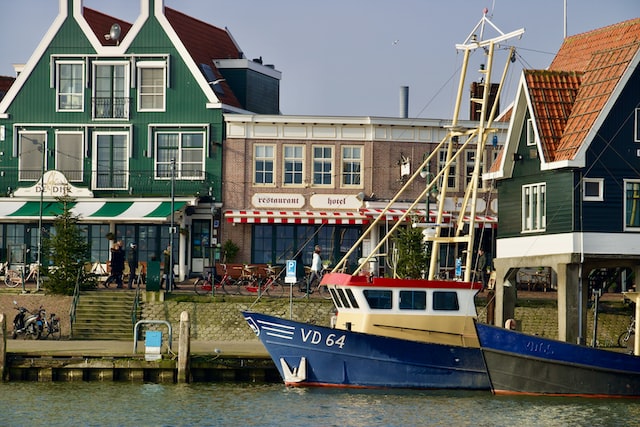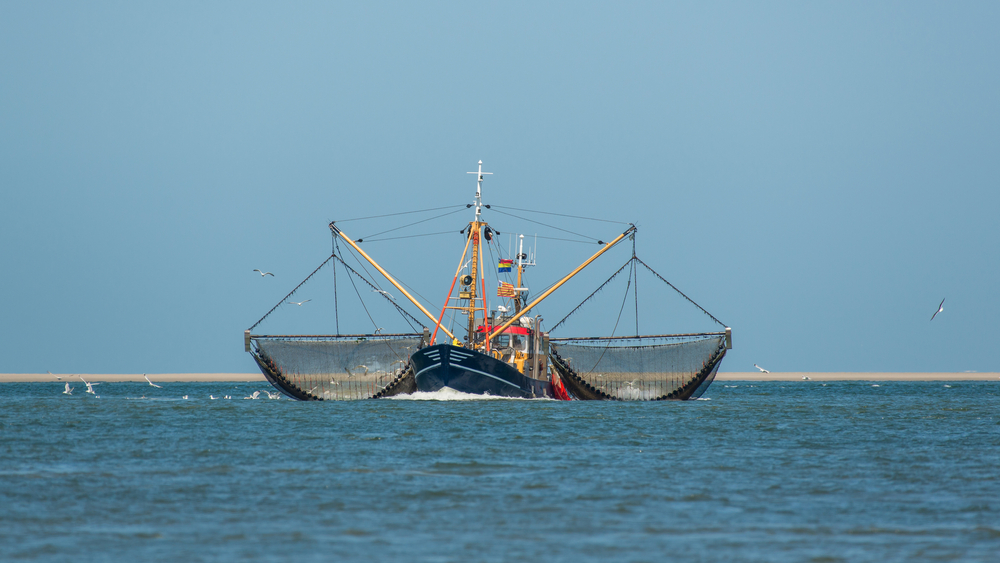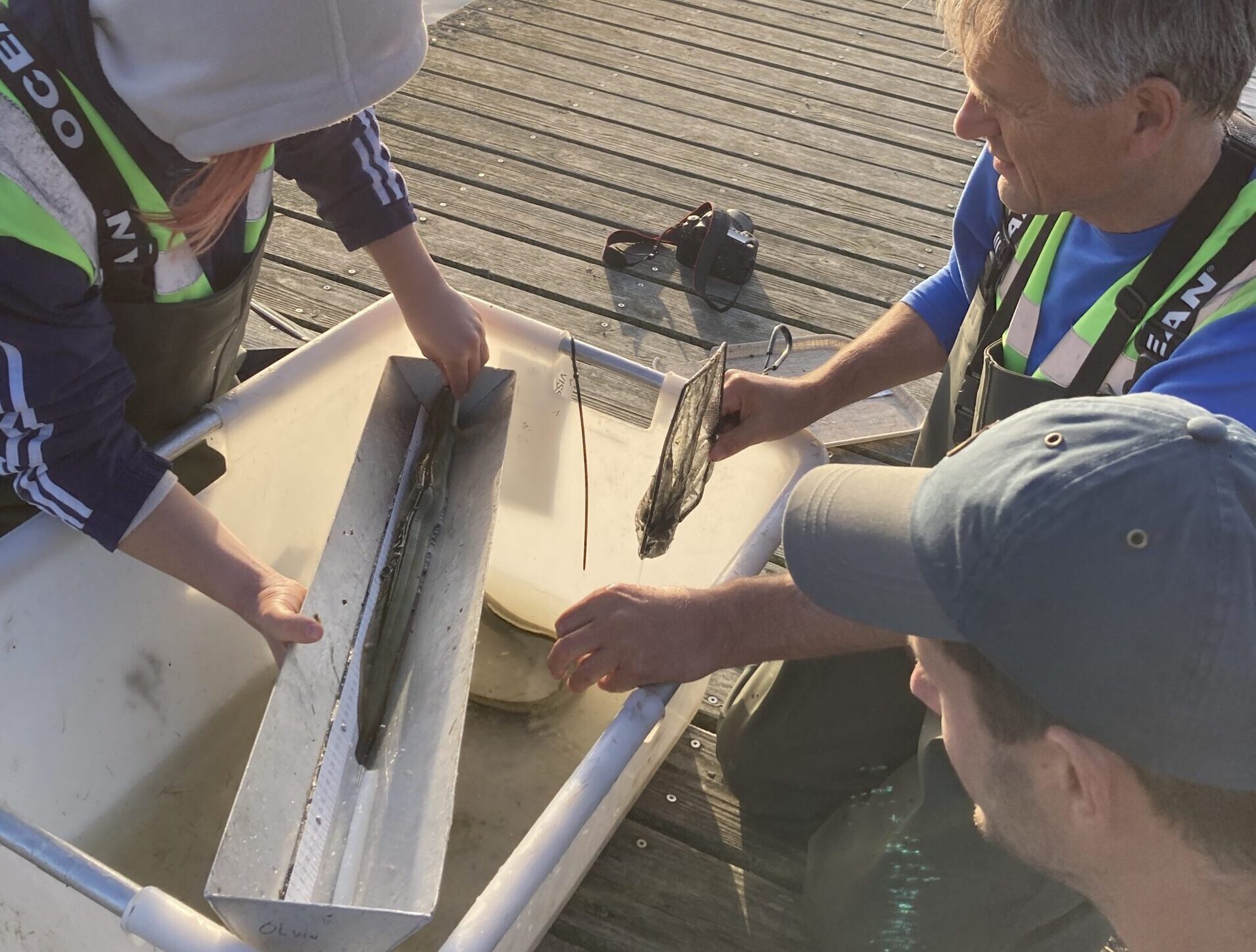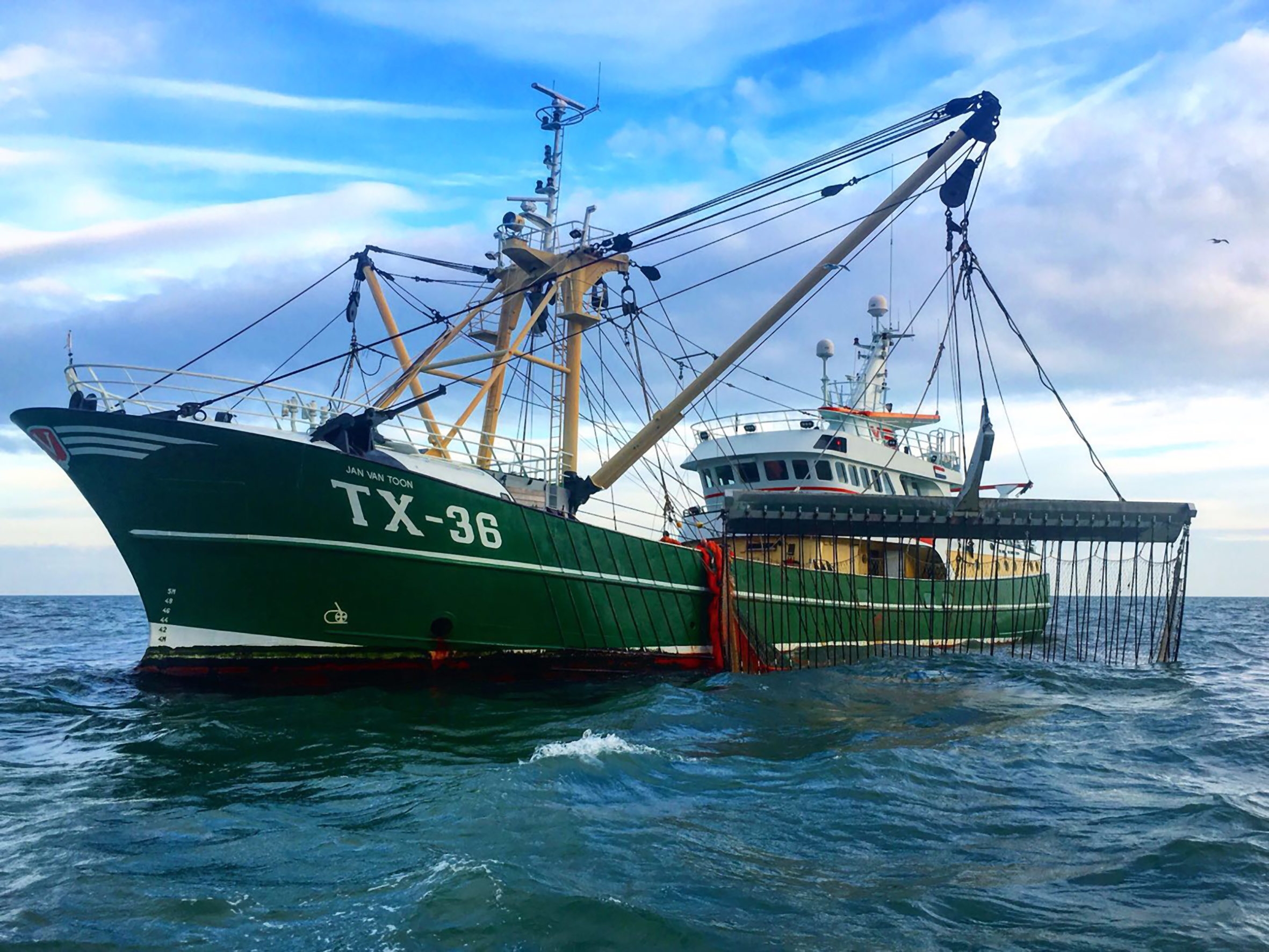Within two days they had 60 completed questionnaires. The response to the study by Marloes Kraan (Wageningen Economic Research) of Dutch fishing communities speaks volumes about the situation. ‘A lot of fishermen feel abandoned.’
Kraan’s research is part of a larger impact study of fisheries following two motions passed by the Lower House of Parliament in late 2021. Basically, the intention is to chart the impact of the many policy changes in recent years on the fishing industry, the supply chain and fishing communities. ‘The latter focus is quite new,’ stresses Kraan. It explains why she is surveying crew members and fishermen’s wives as well as skippers. ‘We are trying to understand how the fishing businesses are embedded in the communities. So it is also about the crew, the wives and the families,’ she explains.
When the study started in early 2022, the Dutch fishing industry was already going through a tough time due to Brexit, the EU’s ban on pulse trawling and the considerable expansion of wind power at sea. Then the war in Ukraine started, which soon had an effect on fuel prices. Kraan: ‘It was a kind of stress test for the fishing industry. As our study progressed, we saw the sector collapsing. A lot of trawler skippers decided there was no longer a future in the business.’
Fishing is typically a job you choose based on a mix of passion and tradition
A survey was conducted during the previous fisheries crisis in 2008 as well. The current survey largely builds on that, to make sure the data is comparable. One new component is the subjective social wellbeing. Kraan: ‘Fisheries is more than just fish and biology. In Europe too, there is now more interest in the social aspect. We worked hard for that as social scientists.’
Kraan’s mission is to make explicit what the Dutch fishing industry is exactly and to clarify its importance — in both economic and socio-cultural terms — and identify pointers for improving fisheries policy. The study, which involved interviews as well as questionnaires, uncovered some strong emotions. ‘Many people are furious,’ notes Kraan. ‘It is understandably difficult to accept that after years of fisheries policies based on the precautionary principle and sound impact assessments, pulse trawling still gets banned — even though it has been studied so thoroughly and approved. Or that large wind farms are being built at sea even though the effects are unclear. Many fishermen feel screwed. Just like the farmers.’
There is sorrow too. ‘For many skippers, considering stopping is a painful process that people have long kept silent about. Fishing is typically a job you choose based on a mix of passion and tradition. It is not any old job, it is part of your identity. When fishermen stop, they lose something they have always had. What does that do to the fishermen, their families, their environment and their outlook on the future? Are there factors that soften the blow, and if so what? The questionnaires are all about these aspects.’
Around 200 questionnaires have been filled in so far. Kraan hopes far more fishermen will take part to enable good comparisons between fisheries and communities. The questionnaires will be available until the end of January.

 Volendam is an example of a community where the fishing industry has a big impact. Photo Unsplash/ Vitalii Kyktov
Volendam is an example of a community where the fishing industry has a big impact. Photo Unsplash/ Vitalii Kyktov 

